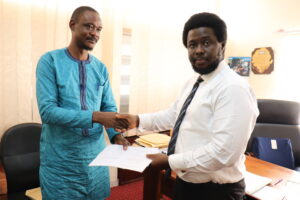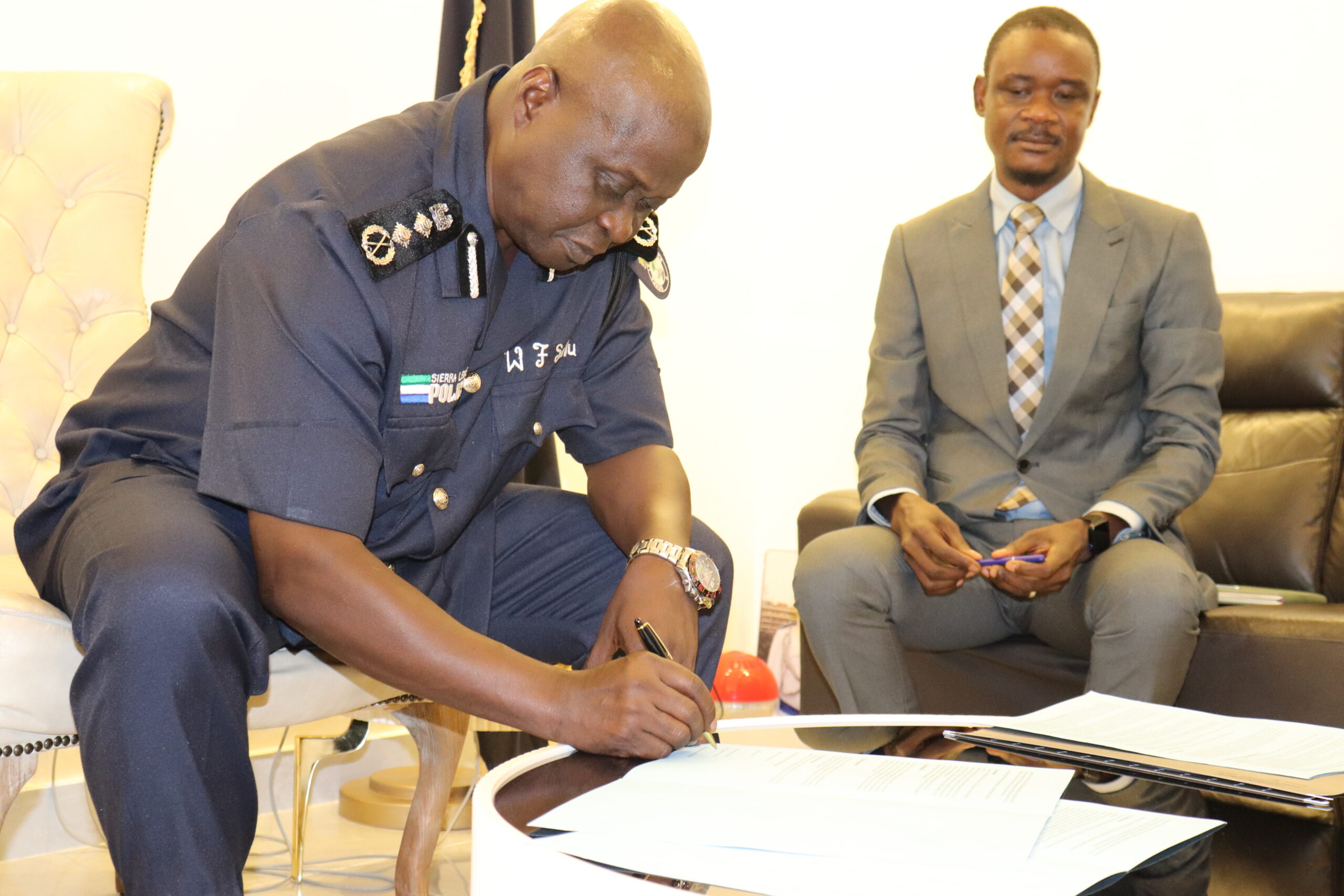The Parliament of Sierra Leone passed into law the National Water Resources Management Agency Act in 2017, which established the National Water Resources Management Agency with broad mandates to protect, conserve, regulate, utilize, and manage internal, territorial, and transboundary waters (both surface and groundwater) among competing water users, by formulating regulatory measures, granting water rights to competing users, and collecting & sharing hydrological data to maintain the water table and control water pollution.
In order to properly interpret the provisions of the 2017 Act, the Agency developed four water regulations in 2020, with support from UNDP in Sierra Leone. These regulations expounded on available provisions, providing meaningful interpretation of terminologies, rules and procedures for the obtainment of permits/licences, offences, and penalties etc. and were certified by Parliament in 2022.
With the certified regulations in hand, the stage is set for effective enforcement of the NWRMA Act, which concerns development and management of water resources, regulation of water users through the issuance of licences and permits, and the punishment of offenders. However, enforcement cannot be done in isolation. It requires partnership with the right state enforcement institutions to ensure that the law is interpreted to the latter.
In October 2022, the Agency signed two strategic partnership agreements with the Sierra Leone Police, and the Anti-Corruption Commisssion, for the arrest of defaulters of water resources management laws, and prosecution of those who defraud the state by not paying water permit/license fees.
During the signing of the Memorandum of Understanding (MoU) with the Sierra Leone Police (SLP), the Inspector-General of Police, William Fayia Sellu acknowledged the need for effective water management and the fact that because the concept is new to Sierra Leone, water users may drag their feet to comply with water management laws, for which the collaboration becomes a necessity. He said the (SLP) is committed to ensuring that the laws of the land are obeyed.

On a courtesy visit paid to the Head of the Anti-Corruption Commission, Francis Ben-Kaifala Esq., he said the collaboration is timely, as it would go a long way in securing the interest of the state. At the signing of the MoU with ACC, the Deputy Commissioner, Mr. Augustine Foday-Ngobie said the Commission appreciates the faith fellow MDAs bestow on its work, thus the signing of an MoU like this will ensure that both institutions control corruption offences related to water resources management in the country, especially as water is a very critical natural resource in the daily life of citizens.
“Our commitment to this partnership will not just end with signing the MoU like business as usual, but we look forward to ensuring the implementation of the contents of the MoU. We will prosecute any corrupt practice that would affect the proper management of water resources in the country.” He said.
In a bid to effectively inform the public, the Agency published a 14-day enforcement notice on 1 November, 2022. The enforcement notice urges all raw water users in Sierra Leone like mining companies, water transportation companies, agricultural companies, borehole drilling companies, domestic water well users and others to register their raw water use, thereby preventing confrontation with the law.
According to the NWRMA Director-General, Junisa P. Bangali Esq., the fight to protect Sierra Leone‘s water resources cannot be done in isolation and every help is needed, as prescribed by the integrated water resources management principles. He continued that even though it is an offence under Section 35 of the NWRMA Act to not register water use, mislead or not comply with the direction from Agency, or do anything that pollutes or affects the normal functioning of water resources, people continue to flout the law in many instances and in turn, affects water security, thus the need for strategic enforcement partnership.
“The problem of water security to us is not a problem of water supply, but a problem of water resources management. If we’re able to manage, protect, regulate and conserve the water resources, then water supply issues will be addressed accordingly and hence, water security.” The DG said.
Subsequent compliance visits would include the presence of our partners, who would ensure our primary clients, commercial and industrial water users comply with the law, and make arrests where necessary.
NWRMA is open to working with different partners from the public and private sectors in protecting and properly managing the water resources of Sierra Leone, as long as efforts towards this goal are within the confines of the law.

